GDXH - Crispy persimmons have an average glycemic index of 70, which is in the average blood sugar level. Therefore, diabetics who want to eat this fruit should eat it in moderation...
Does eating crispy persimmons increase blood sugar for diabetics?
The ripe persimmon season usually starts from September to December every year. The most delicious and crispy persimmons are in the middle of the season, the fruit is both crispy and sweet.
According to research, a crispy persimmon can contain 70 calories. Persimmons contain 80% water and 18.6% carbohydrates. In addition, crispy persimmons are a rich source of fiber. A persimmon can contain the amount of fiber equivalent to 1/5 of the recommended fiber intake.
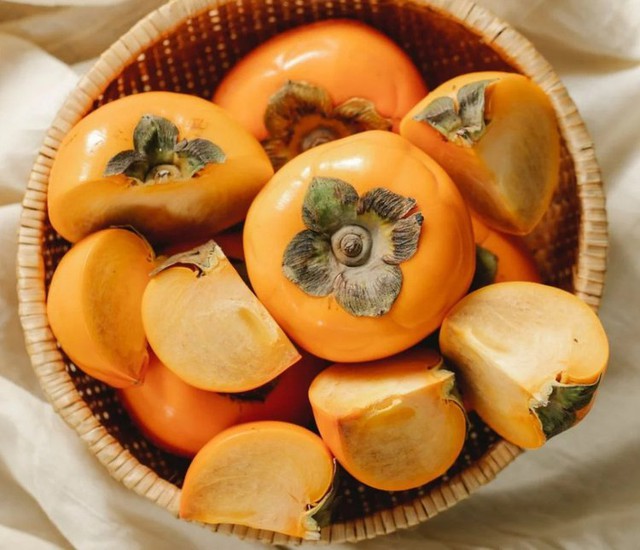
Illustration photo
Persimmons are also rich in vitamin B6, which helps form blood cells, regulates blood sugar levels and plays an important role in the immune system.
Persimmon has a glycemic index of 70, which is considered a medium glycemic index. Therefore, diabetics should eat this fruit in moderation. When eating, pay attention to checking blood sugar levels regularly to lower blood sugar as desired.
How do diabetics eat persimmons properly?
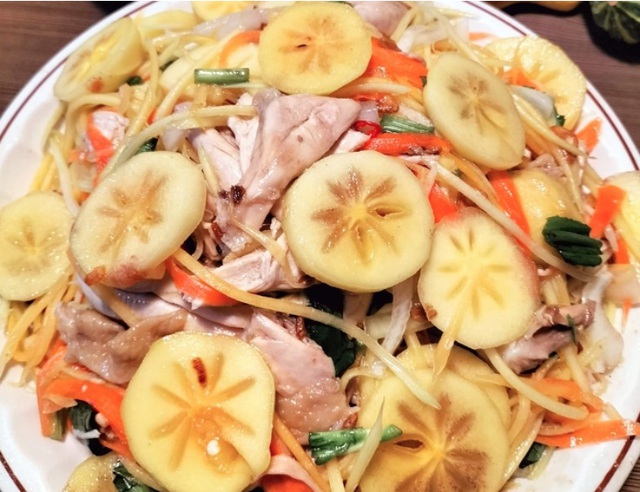
Illustration photo
Doctors recommend that diabetic patients should be careful when eating persimmons. Because persimmons contain 10.8% sugar, most of which are simple disaccharides and monosaccharides (glucose, fructose, sucrose), they are easily absorbed into the blood, causing an increase in blood sugar levels.
Therefore, if you eat persimmons, you need to consider reducing your intake of other sugary foods during the day, to ensure your blood sugar is stable
In addition, diabetics should eat fresh and ripe persimmons, and should limit eating crunchy persimmons with a lot of sugar. When eating, pay attention to peeling the persimmons thoroughly before eating to avoid the harmful effects of chemicals in the persimmons.
Diabetics with the following diseases should limit eating persimmons:
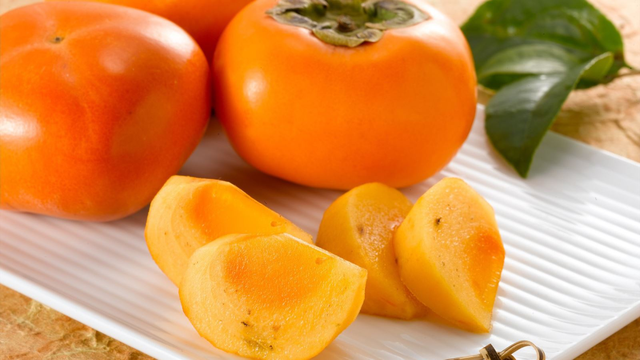
Illustration photo
- Persimmons are not suitable for people with iron deficiency anemia, because persimmons contain a lot of tannins that will combine with iron to form precipitates, leading to hindering the absorption of iron in food. In addition, persimmons should not be eaten while taking iron supplements.
- Because persimmons contain a lot of tannin and fiber, people with stomach ulcers often feel uncomfortable, full, and have indigestion after eating them. Therefore, people with stomach ulcers should limit their consumption of persimmons.
- According to Oriental medicine, fresh persimmons are slightly cold and can lower blood pressure. They should not be used by people with exhaustion, low blood pressure, chronic fatigue, or women who have just given birth.
Note: Do not eat persimmons on an empty stomach, because under the influence of stomach acid, tannins are easily precipitated to form complexes. The best time to eat persimmons is after eating rice, or on a full stomach.
Source: https://giadinh.suckhoedoisong.vn/loai-qua-ngot-thom-dang-ngon-re-nhat-cho-nguoi-benh-tieu-duong-can-biet-dieu-nay-khi-an-de-on-dinh-duong-huet-172241112150555928.htm




![[Photo] Flooding on the right side of the gate, entrance to Hue Citadel](https://vphoto.vietnam.vn/thumb/1200x675/vietnam/resource/IMAGE/2025/10/28/1761660788143_ndo_br_gen-h-z7165069467254-74c71c36d0cb396744b678cec80552f0-2-jpg.webp)
![[Photo] Draft documents of the 14th Party Congress reach people at the Commune Cultural Post Offices](https://vphoto.vietnam.vn/thumb/1200x675/vietnam/resource/IMAGE/2025/10/28/1761642182616_du-thao-tai-tinh-hung-yen-4070-5235-jpg.webp)
![[Photo] National Assembly Chairman Tran Thanh Man received a delegation of the Social Democratic Party of Germany](https://vphoto.vietnam.vn/thumb/1200x675/vietnam/resource/IMAGE/2025/10/28/1761652150406_ndo_br_cover-3345-jpg.webp)

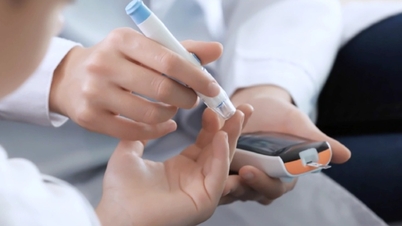

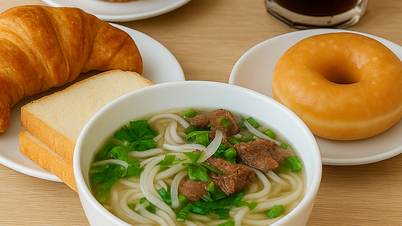

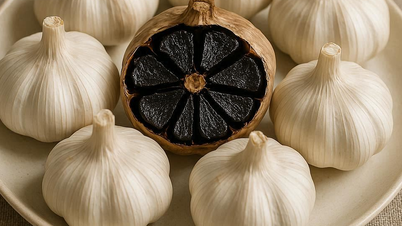

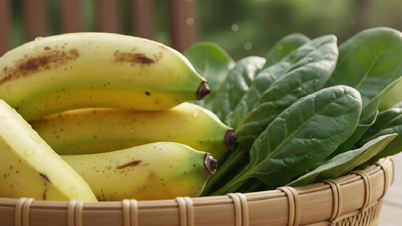
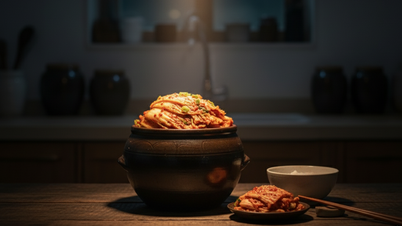



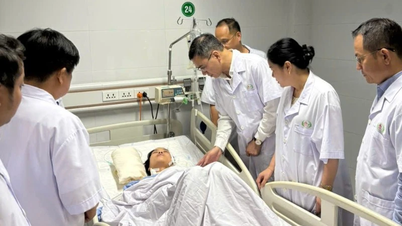

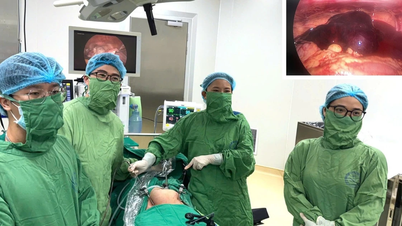
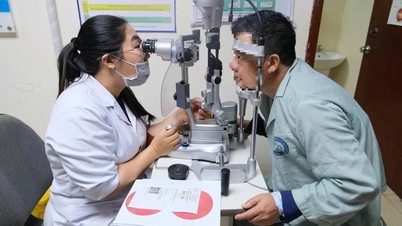










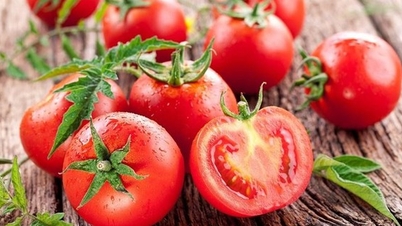

![[Photo] President Luong Cuong attends the 80th Anniversary of the Traditional Day of the Armed Forces of Military Region 3](https://vphoto.vietnam.vn/thumb/1200x675/vietnam/resource/IMAGE/2025/10/28/1761635584312_ndo_br_1-jpg.webp)







































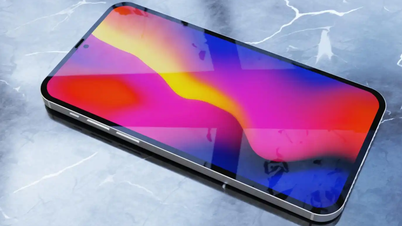


































Comment (0)